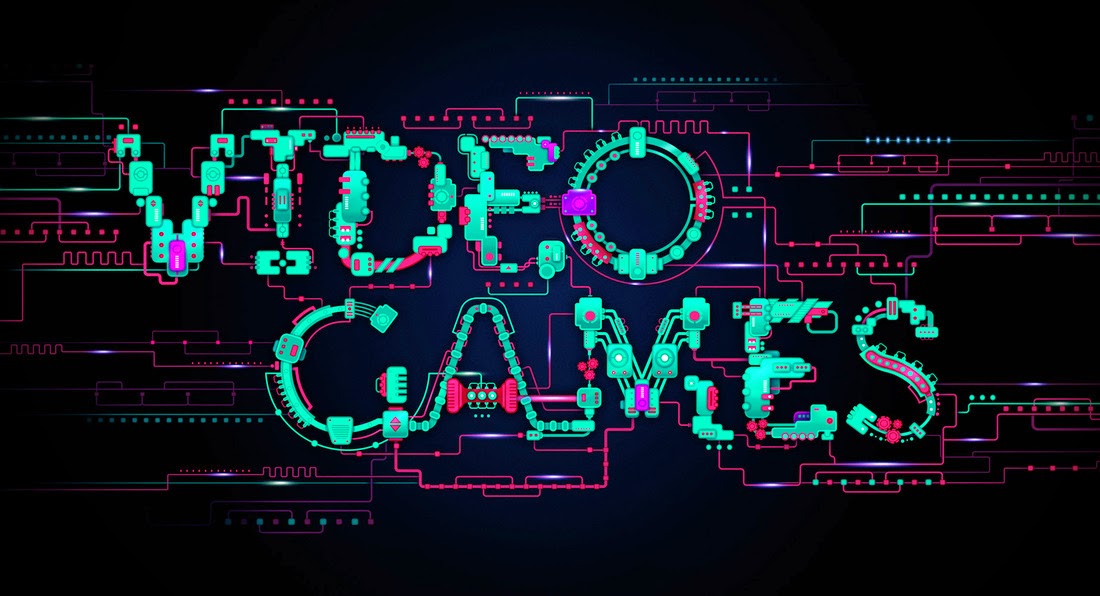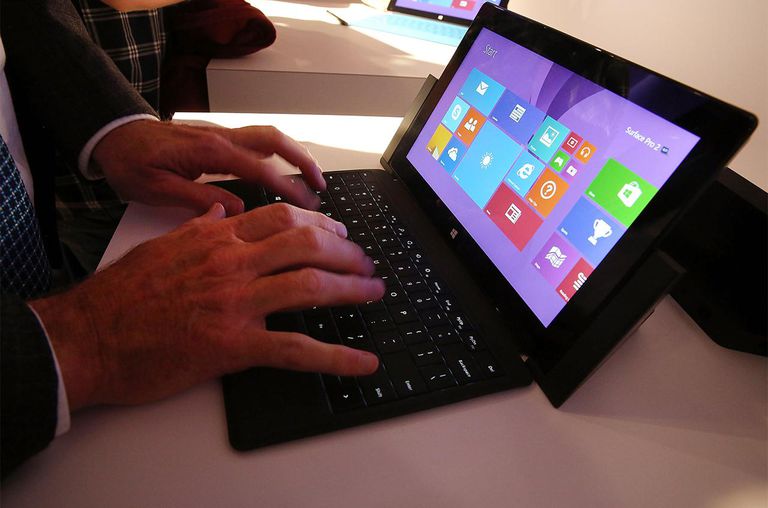Introduction
Blockchain technology has been making waves in various industries, and the gaming world is no exception. In recent years, there has been an increased interest in the use of blockchain in in-game economies and player-driven marketplaces. This article will explore the impact of blockchain on these areas and discuss the significance of “blockchain game development” and “blockchain game development companies” in this field.
Background on In-Game Economies and Player-Driven Marketplaces
In-game economies refer to the virtual economies that exist within video games. These economies can take various forms, including virtual currencies, items, and even real estate. They are used to buy and sell virtual goods, purchase in-game services, and engage in other economic activities.
Player-driven marketplaces, on the other hand, are online platforms where players can buy and sell virtual assets from each other. These marketplaces can operate within a single game or across multiple games and platforms. The advantage of player-driven marketplaces is that they allow players to trade virtual assets with each other, which can lead to a more vibrant and dynamic in-game economy.
However, player-driven marketplaces also face several challenges, such as fraud, lack of trust, and limited liquidity. These challenges can significantly impact the growth and stability of in-game economies, which is why the use of blockchain technology is increasingly being considered as a solution.
The Impact of Blockchain on In-Game Economies
Blockchain technology has the potential to revolutionize in-game economies by bringing increased security and transparency to virtual transactions. The decentralized nature of blockchain ensures that all transactions are recorded on a public ledger, making it virtually impossible to alter or manipulate records. This enhances trust in virtual transactions, which is crucial in creating a stable and thriving in-game economy.
Another significant impact of blockchain on in-game economies is the decentralization of virtual assets. In traditional in-game economies, virtual assets are typically owned by the game developers or platform providers. With blockchain, players can have complete ownership of their virtual assets, which can greatly increase player engagement and motivation. Players can also earn real money from virtual assets, creating new opportunities for players to monetize their gaming activities.
The use of blockchain in in-game economies also leads to increased market efficiency and reduced fraud. Transactions are processed almost instantly, reducing the risk of disputes and fraudulent activities. The use of smart contracts can also automate dispute resolution, further enhancing the security and reliability of virtual transactions.
The Impact of Blockchain on Player-Driven Marketplaces
Blockchain technology can also have a significant impact on player-driven marketplaces. The increased trust and reliability in virtual transactions enabled by blockchain can greatly expand virtual marketplaces, leading to more opportunities for players to trade virtual assets. The decentralized nature of blockchain also enables virtual marketplaces to operate across multiple games and platforms, creating a more vibrant and dynamic virtual economy.
Decentralized dispute resolution through smart contracts is another benefit of blockchain in player-driven marketplaces. In traditional player-driven marketplaces, disputes are typically resolved by a central authority or platform provider. With blockchain, disputes can be resolved automatically and fairly through smart contracts, enhancing the trust and reliability of virtual transactions.
Finally, blockchain can also enable real-world value exchange for virtual assets. With the use of blockchain, virtual assets can be tokenized, allowing them to be traded on public exchanges and converted into real money. This opens up new opportunities for players to monet into their gaming activities, which can help drive the growth and stability of player-driven marketplaces.
The Significance of “Blockchain Game Development” and “Blockchain Game Development Companies”
“Blockchain game development” refers to the process of creating video games that use blockchain technology. This type of development requires specialized skills and knowledge, as it involves creating decentralized systems, smart contracts, and tokenized assets. As a result, “blockchain game development” is a highly specialized field, and companies that offer these services are in high demand.
“Blockchain game development companies” are firms that specialize in creating video games that use blockchain technology. These companies typically have a team of experts with a deep understanding of both gaming and blockchain technology. They offer a range of services, including game development, smart contract development, and asset tokenization.
The significance of “blockchain game development” and “blockchain game development companies” cannot be overstated. These companies are instrumental in helping to bring the benefits of blockchain technology to the gaming world. They are helping to create more secure and transparent in-game economies and player-driven marketplaces, which can drive the growth and stability of virtual economies.
Conclusion
In conclusion, the impact of blockchain on in-game economies and player-driven marketplaces is substantial. The use of blockchain technology brings increased security, transparency, and trust to virtual transactions, which can greatly enhance the growth and stability of in-game economies and player-driven marketplaces. The significance of “blockchain game development” and “blockchain game development companies” in this field cannot be overstated, as they are instrumental in bringing the benefits of blockchain technology to the gaming world. As the gaming industry continues to grow and evolve, it is likely that we will see even more applications of blockchain technology in the future.



